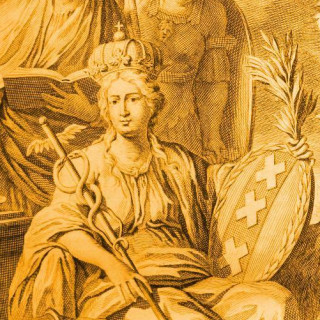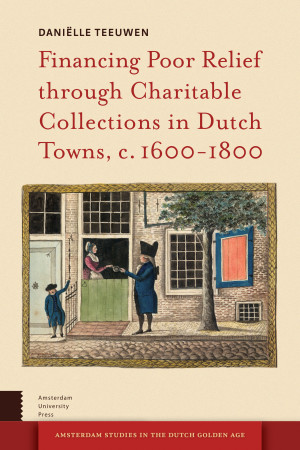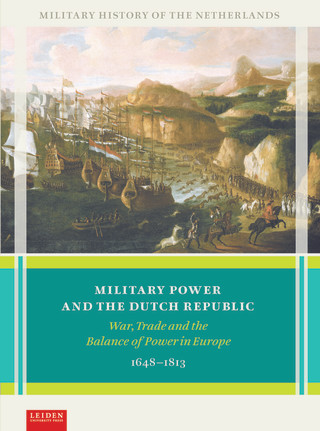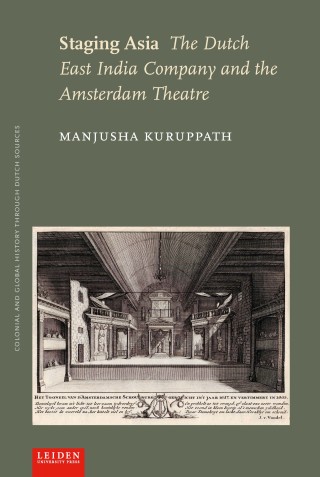

- Titel
- Financing Poor Relief through Charitable Collections in Dutch Towns, c. 1600-1800
- Auteur
- Daniëlle Teeuwen
- Prijs
- € 122,00 excl. BTW
- ISBN
- 9789089647931
- Uitvoering
- Hardback
- Aantal pagina's
- 240
- Taal
- Engels
- Publicatiedatum
- 15 - 12 - 2015
- Afmetingen
- 15.6 x 23.4 cm
- Partner

- Categorie
- Early Modern Studies
- Ook beschikbaar als
- eBook PDF - € 121,99
Chapter 1. Introduction
Chapter 2. Organizing poor relief
Chapter 3. Financing outdoor poor relief
Chapter 4. Organizing collections
Chapter 5. The rhetoric of giving
Chapter 6. Donating to collections
Chapter 7. Conclusion
Appendices
Bibliography
Daniëlle Teeuwen
Financing Poor Relief through Charitable Collections in Dutch Towns, c. 1600-1800
De onderstaande tekst is niet beschikbaar in het Nederlands en wordt in het Engels weergegeven.
In the Dutch Republic, charitable collections, which formed the financial backbone of many poor relief institutions, were regularly organised by both religious and secular authorities. This book examines both the policies of church boards and town councils in organising these charitable appeals, as well as the general population's giving behaviour. Using archival sources from the towns of Delft, Utrecht, Zwolle, and 's-Hertogenbosch, Daniëlle Teeuwen shows how these authorities deployed organisational and rhetorical tactics-including creating awareness, establishing trust, and exerting pressure-to successfully promote fundraising campaigns. Not only did many relief institutions manage to collect large annual sums, but contributions came from across the socioeconomic spectrum.
Auteur
Daniëlle Teeuwen
Daniëlle Teeuwen wrote her PhD thesis at the International Institute of Social History in Amsterdam, as part of the NWO-project 'Giving in the Golden Age'. She has published in Continuity and Change, the European Review of Economic History, and Tijdschrift voor Sociale en Economische Geschiedenis. She is currently working as a postdoc researcher within the NWO-project 'Industriousness in an Imperial Economy', in which her research deals with women's and children's labour in the Dutch East Indies (c. 1815-1940).




